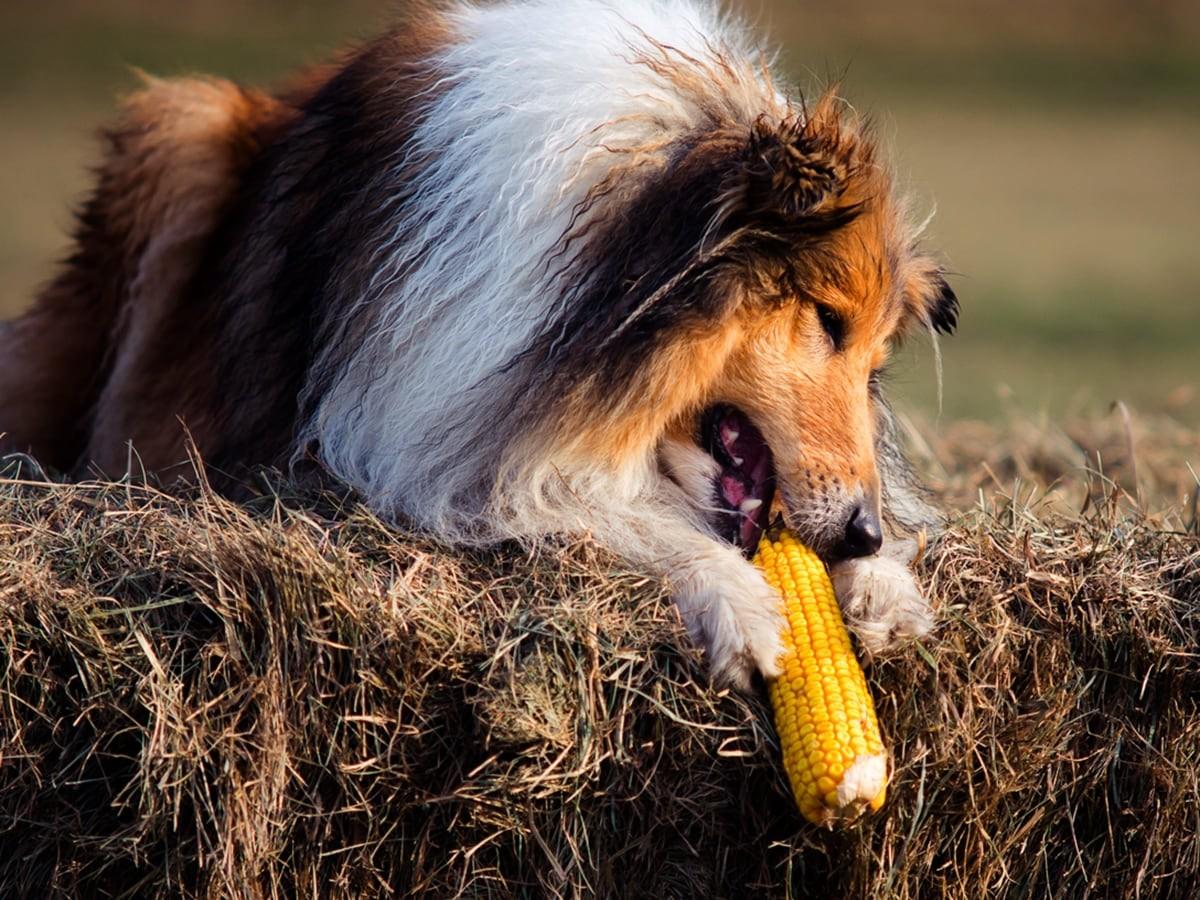Corn is a common ingredient in both human and dog foods. But can dogs safely enjoy corn on its own? The answer is yes, in moderation and with proper preparation. Let's explore the nutritional benefits of corn for dogs, answer some common questions about feeding corn to dogs, and explore some healthy alternatives.
Nutritional Benefits of Corn for Dogs
Corn offers some health benefits for dogs, including:
Energy Source: Corn is a good source of carbohydrates, which provide energy for your furry friend.
Essential Fatty Acids: Corn contains linoleic acid, an essential fatty acid that dogs cannot produce on their own. It supports healthy skin and fur.
Antioxidants: Corn contains antioxidants like beta-carotene, which can help protect cells from damage.
Fiber: Corn provides some fiber, which aids digestion and gut health.
It's important to note that while corn offers some benefits, it's a common filler ingredient in many dog foods. When giving your dog corn as a treat, it should make up less than 10% of their daily calories. Be mindful to stay below this limit to avoid exceeding your pet's dietary needs.
Can Dogs Eat Corn on the Cob?
Absolutely not! Corn cobs are a choking hazard for dogs and can cause serious digestive issues if swallowed. Their strong teeth can easily break off pieces of the cob, which can become lodged in their esophagus or intestines.
Is Popcorn Safe for Dogs?
Plain air-popped popcorn, in very small quantities, is generally safe for dogs. However, avoid popcorn with seasonings like butter, salt, or artificial flavors, as these can upset your dog's stomach.
Can Dogs Eat Cooked Corn?
Yes, cooked corn kernels are generally safe for dogs in moderation. However, canned corn often contains added sodium, so opt for fresh or frozen corn and cook it yourself.
Why Can't Dogs Digest Corn?
Dogs lack the enzyme that breaks down whole corn kernels entirely. This is why undigested corn kernels may appear in your dog's stool. As long as your dog isn't experiencing any digestive discomfort, this is usually nothing to worry about.
Can Dogs Eat Corn Or Rice?
Both corn and rice are generally safe for dogs in moderation. However, some dogs may have allergies to either grain. If you're unsure, consult your veterinarian.
Alternatives To Corn for Dogs
Here are some safe and healthy alternatives to corn for dogs:
Expert Insights From Spot
Sharing our meals with our furry companions is a bonding experience, but prioritizing their health is crucial. Spot's data reveals that the average pet insurance claim submitted for dietary indiscretions is $572.* Researching pet-safe foods can prevent such incidents and help keep your furry friend healthy, avoiding unnecessary vet bills. By understanding what treats are safe for dogs, you can share the joy of food while keeping your pup happy and healthy.
Key Takeaways
Corn can be a healthy treat for dogs when offered in moderation and prepared correctly. However, it's important to be aware of the potential risks, such as choking hazards from corn cobs and digestive upset from excessive corn consumption. If you're unsure about introducing corn to your dog's diet, consult your veterinarian. Remember, a balanced diet formulated for dogs is the best way to ensure your pet's nutritional needs are met.

As Spot’s resident cat enthusiast, I am dedicated to researching and sharing information that helps pet owners take the best care of their pets. Pet ownership comes with it’s share of challenges, but my goal is to help make this journey easier.
*Jan 2019 to Aug 2024 Spot Pet Insurance Services, LLC claims data.
Arnold, Victoria Lynn. "Can Dogs Eat Corn?" PetMD, 25 Jul. 2025, https://www.petmd.com/dog/nutrition/can-dogs-eat-corn.
AKC Staff. "Can Dogs Eat Corn?" American Kennel Club, 16 August. 2024, https://www.akc.org/expert-advice/nutrition/can-dogs-eat-corn/.
The information presented in this article is for educational and informational purposes only and does not constitute or substitute for the advice of your veterinarian.












